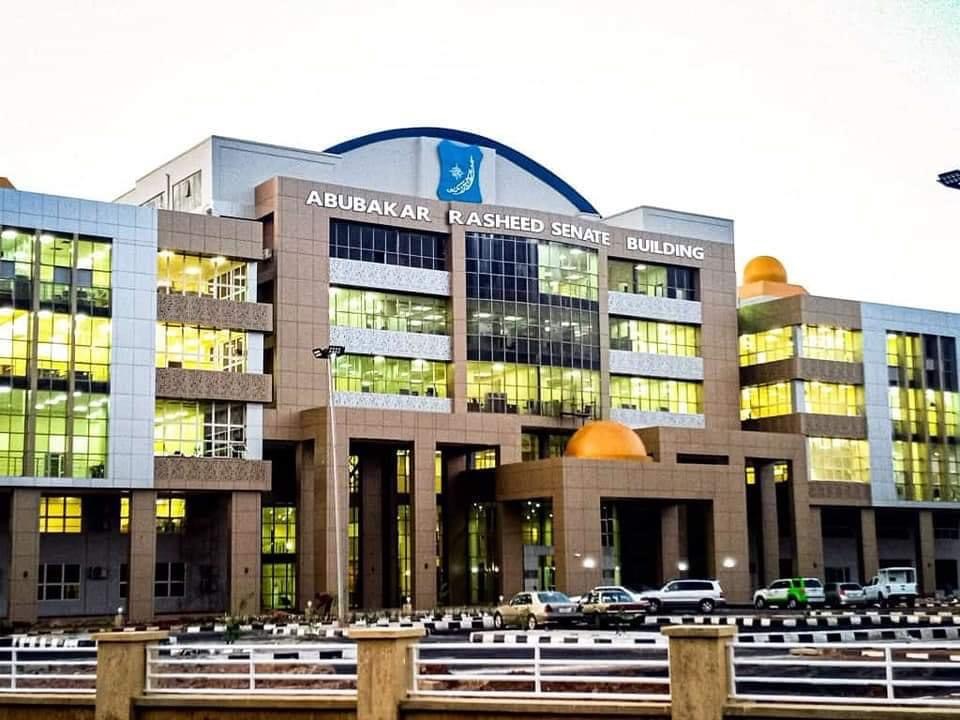Bayero University Kano, BUK Centre for Research in Nigerian Languages Translation and Folklore has organised a one-day roundtable discussion on prospects and challenges of translations into Nigerian languages.
The decision was informed by the alarming trend in the practice of translation by individuals and organizations in Nigeria.
Speaking at the event, the vice-chancellor of the university, Professor Sagir Abbas, said the centre is part of the university’s commitment to research development for the overall development of the society.
The VC also noted that over the years, the centre has been engaging in capacity building workshops to media and advertising practitioners with the aim of enhancing their productivity in the contents they produce for the consumption of the society.
“These types of workshops are designed towards building the capacity of media practitioners in Kano and beyond. It is against this backdrop that the centre today is holding yet another round of activity to seek a solution to the problem of translation bedeviling our society.
“The roundtable discussion is a testament to our dedication to discourse by engaging educationists, scholars, translators and cultural enthusiasts to find the way forward to the problems of translation,” he said.
The director of the center, Professor Yakubu Azare, said the resolution reached during the roundtable would pave way for a wider trainings of the stakeholders to come up with a defined template of Hausa translation in the country.
“On a daily basis, one comes across grossly inappropriate or factually inaccurate translation on various media platforms. Where the translations are correct or appropriate, one may find multiple styles of translating a single concept or idea by different practitioners, which often breeds inconsistency or lack of standardization,” Mr Azare, said.
“The mandate of the Committee, therefore, is to deliberate on issues related to the practice of translation, particularly in, but not restricted to, the media in Nigeria, and make appropriate recommendations.”
A Kano-based historian and independent researcher, Ibrahim Kurawa, also advised the centre to create a comprehensive Hausa translation dictionary for usage in the country and the world as a whole.
According to Mr Kurawa, the centre had no reason, whatsoever, to complain about wrong Hausa translations made by some stakeholders because it had not developed a template that would be a guide towards perfection of translation.
He, therefore, challenged the centre to develop a comprehensive Hausa dictionary that would contain meanings of words in all Hausa dialects, to be a guide to stakeholders in the field of translation to achieve perfection.
He said: “This centre has no reason to complain about rampant wrong Hausa translation among the stakeholders. BUK also has no basis to complain about wrong translations. This is because you did not develop a template that would serve as a guide to perfect translation.
“In this light, I advise this centre to create a comprehensive Hausa translation dictionary, that contains meanings of all words in all Hausa dialects – Zamfara, Katsina, Kano, Sokoto, among others. I am sure this would enhance perfection and overall development of our language.
“The dictionary should be online and updated time to time. But if you have not done this, then you cannot blame stakeholders of wrong translations,” Mr Kurawa said.
In his remarks, a seasoned broadcaster in Kano, Aliyu Getso, tasked journalists on thorough knowledge of English and Hausa languages.
According to him, translation among Hausa media practitioners cannot be possible without sound knowledge of English and Hausa, lamenting that the current crop of young journalists are putting their media stations to shame by the way they translate news and reports.
“And majority of these young people do not know how to translate words from English to Hausa correctly. Ironically, most of them do not accept correction. Alas, the media houses do not care about perfection in Hausa translation, rather, they prefer to send them to BBC Hausa, DW, rfi, etc. This is a snag to media practice in our country,” he lamented.







Comments are closed.